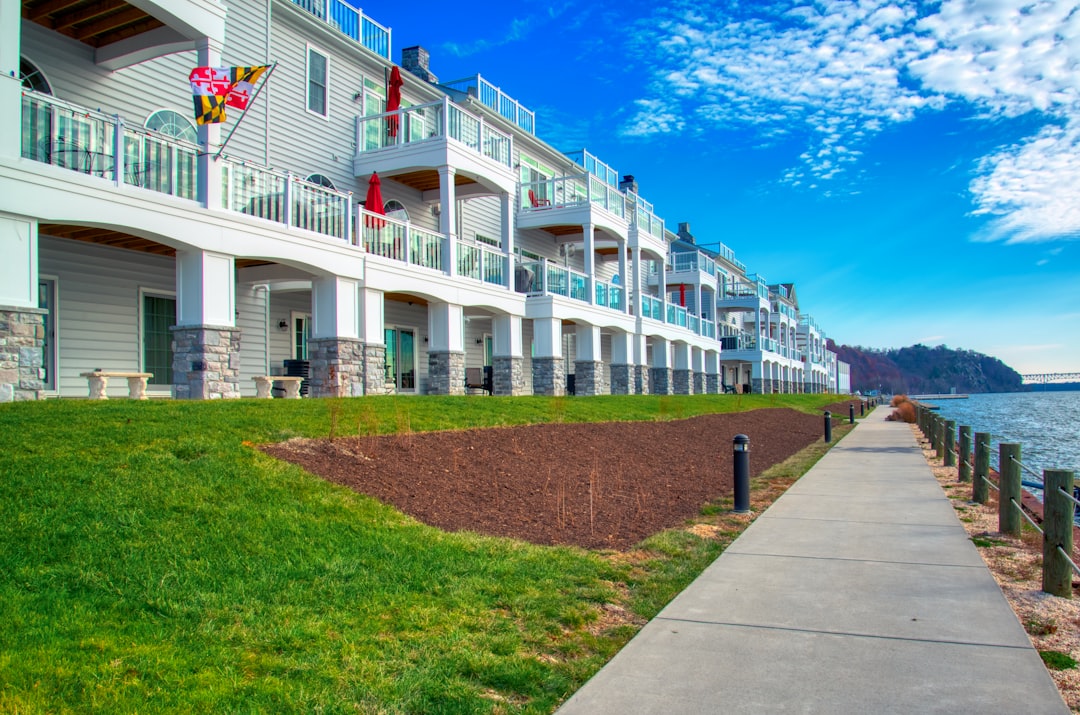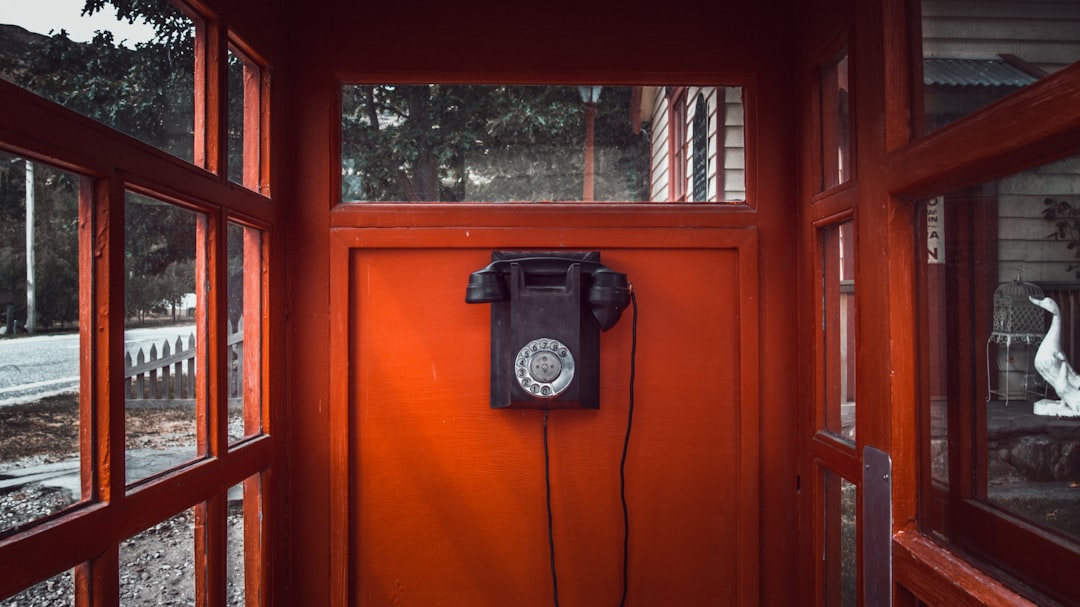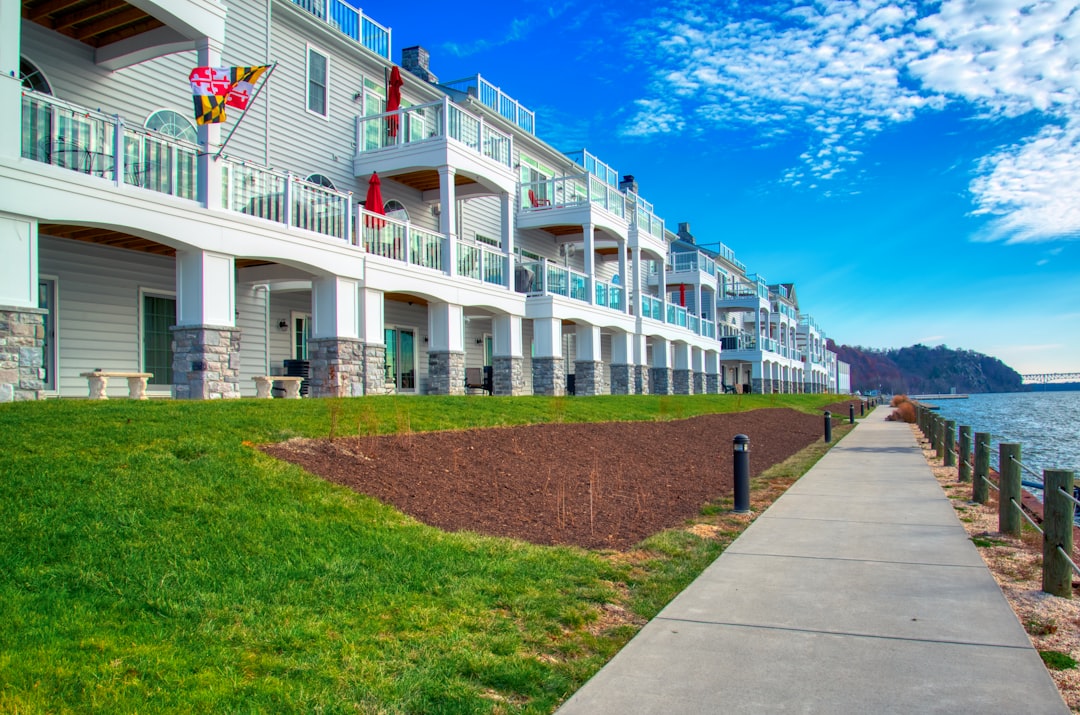Benjamin Banneker Historical Park in Catonsville, Maryland, is under threat from scam phone calls pretending to be official surveyors or legal representatives. Park officials and community leaders urge visitors to ignore these fraudulent calls, emphasizing the state's "Do Not Call" laws. By educating guests about scams, the park protects its historical environment and Maryland residents from deceptive practices, particularly those impersonating lawyers or law firms. To combat these issues, residents are advised to hang up on unsolicited calls, register on DoNotCall.gov, and use official resources to avoid engaging with scam artists, using phrases like "Do not call lawyer Maryland" or "Do not call attorneys Maryland."
Catonsville’s Benjamin Banneker Historical Park, a vibrant testament to the community’s rich history, faces an unexpected challenge: scam calls. In recent months, park visitors and volunteers have reported an influx of unsolicited phone calls, aiming to mislead them into hiring legal services. This deceptive practice, often targeting the elderly, is a growing concern in Maryland. The article explores the impact of these scams on the peaceful atmosphere of the historical park and offers strategies to combat this modern-day nuisance, empowering Maryland residents to protect themselves from such fraudulent activities.
Benjamin Banneker Historical Park: A Heritage Site Under Siege

Benjamin Banneker Historical Park, nestled in the heart of Catonsville, Maryland, stands as a vibrant testament to the rich African American heritage that has shaped the state’s history. This cultural gem is under siege from an unexpected quarter—scam phone calls targeting unsuspecting visitors. Park officials and community leaders are urging everyone to remember: do not call any lawyer or law firm in Maryland for such inquiries. These fraudulent calls, often posing as official surveyors or legal representatives, aim to extract personal information from park attendees, but they have no legitimate purpose.
The historical park, named after the renowned Benjamin Banneker, a free-born African American mathematician and astronomer, has been a haven for those seeking to understand and celebrate Maryland’s diverse past. With its meticulously preserved buildings and thought-provoking exhibits, it offers a unique glimpse into a bygone era. By educating visitors about these scams, the park aims to protect not only its guests but also the broader community, ensuring that Maryland’s cultural heritage remains untainted by such deceptive practices.
Understanding the Scam Calls and Their Impact
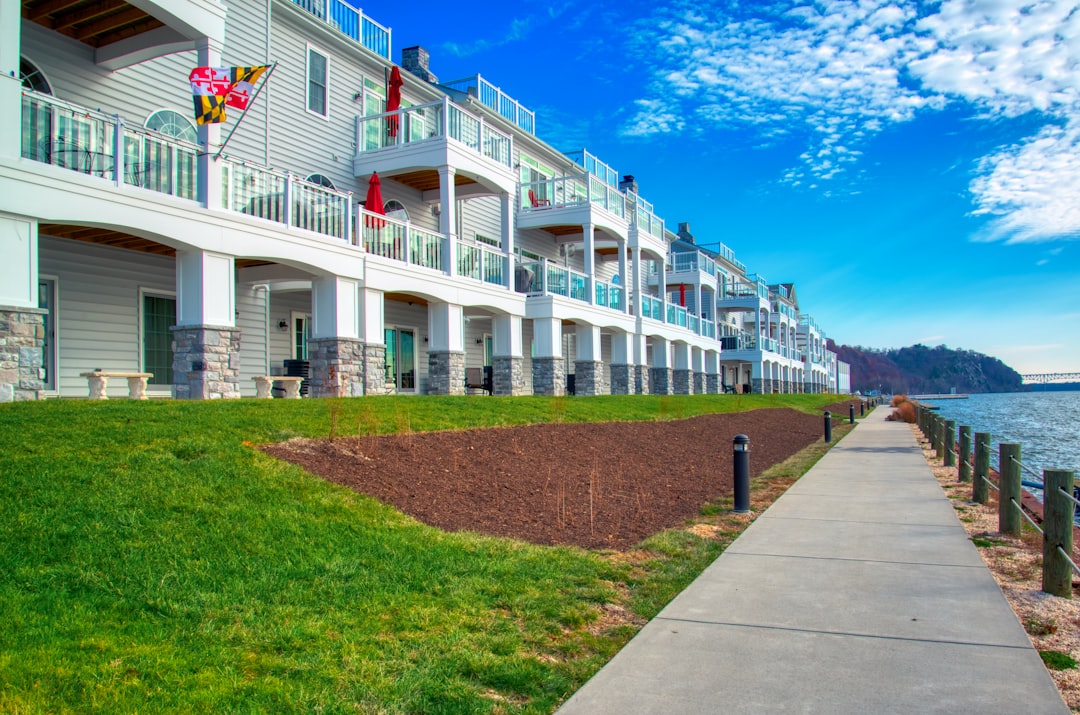
Catonsville’s Benjamin Banneker Historical Park has become a target for scam calls, particularly those pretending to be from law firms or attorneys based in Maryland. These unwanted phone calls often pose as offers for legal services, trying to convince visitors to retain their services or face potential legal issues. The impact of these scams can be significant, causing distress and confusion, especially among parkgoers who may not be aware of the fraudulent nature of such calls.
The “Do not call” laws in Maryland are in place to protect residents from such harassment. It’s essential for folks visiting the historical park to remember that genuine legal advice or representation should only come from licensed professionals and reputable law firms. By ignoring these scam calls and reporting them, visitors can help ensure that the park remains a peaceful and educational space, free from intrusive marketing tactics.
Strategies to Combat and Protect Against Scams in Maryland
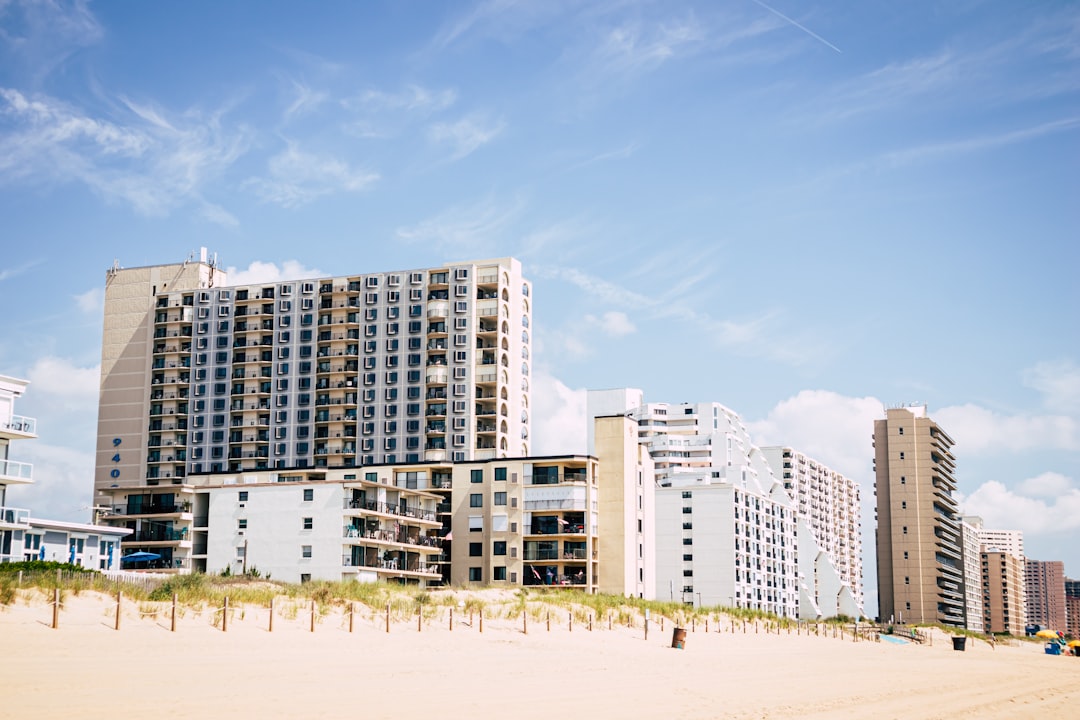
Catonsville’s Benjamin Banneker Historical Park is not only a cultural landmark but also a hub for fighting scams, particularly those involving aggressive phone calls. To combat this issue in Maryland, several strategies are in place to protect residents from deceptive practices. Firstly, the state encourages citizens to be vigilant and cautious when receiving unsolicited calls, especially from unknown numbers. If you’re experiencing persistent or harassing phone calls claiming to be from a law firm or attorney in Maryland (often posing as debt collectors), it’s crucial to remember: Do not call lawyer Maryland, do not call attorneys Maryland, or do not call law firms Maryland.
Instead of engaging, hang up immediately and report the number. The Federal Communications Commission (FCC) offers tools like DoNotCall.gov where you can register your phone number to limit such calls. Additionally, Maryland’s Attorney General’s Office provides resources for consumers to learn about common scams and protect themselves legally, including not giving out personal information over the phone and verifying any potential legal actions through official channels.


